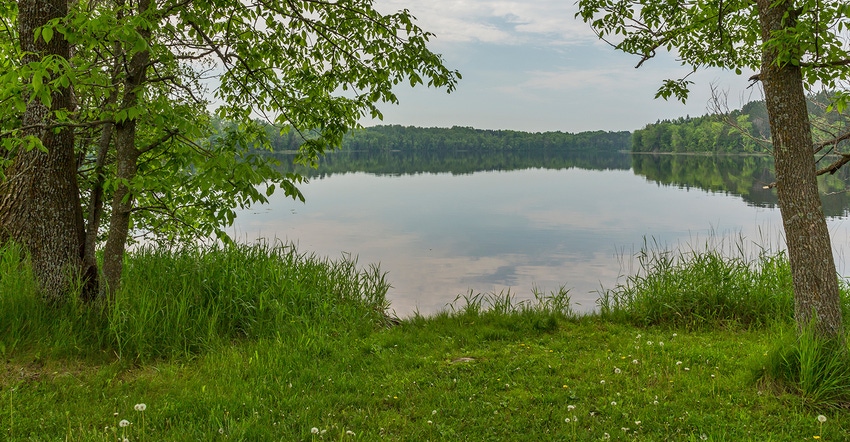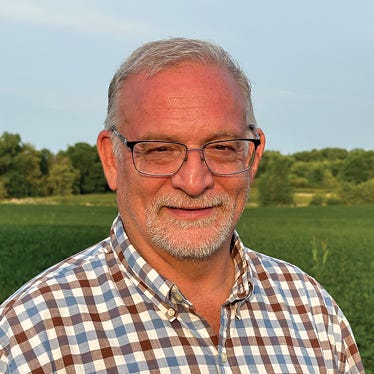April 26, 2017

In February, Gov. Mark Dayton announced a new goal to improve water quality in Minnesota — 25% by 2025.
Noting that without additional actions, water quality is expected to improve by 6% to 8% by 2034, Dayton said that “without an ambitious, achievable goal, the quality of our water will continue to deteriorate.”
According to the governor’s website, this new goal would not create additional regulations, but would serve as a “call to action to drive public engagement and partnerships to address the state’s growing water quality issues.”
A series of town hall meetings have been set from late July through early October, including seven outside of the metro area.
Dates and locations are:
• Rochester, July 31
• Marshall, Aug 16
• Mankato, Aug. 17
��• Crookston, Sept. 5
• St. Cloud, Sept. 6
• Ely, Sept. 12
• Bemidji, Sept. 13
• Minneapolis, Sept. 26
• Burnsville, Oct. 4
• Maplewood, Oct. 5
These meetings will include short presentations and allow time for small-group discussions on regional water issues. The 25 by '25 plan also calls for flexibility in allowing each of Minnesota’s eight local watershed regions to decide which pollutants to address and which strategies to employ.
Farmers are encouraged to attend these town hall events to learn more about water resource issues and to weigh in on local priorities and potential solutions. Your input could help steer the discussion toward workable voluntary solutions.
Be prepared to talk about advances you have made on your farm in recent years to control soil erosion and reduce nutrient losses. Too often, we take the most basic conservation practices for granted because they have just become part of how we do things. However, those outside of agriculture are not aware of the changes occurring over time and the reasons for those changes.
Many of the basic questions being asked of farmers have been captured in an online conservation planning tool, the Green Star Farms Initiative, which can be found at greenstarfarms.org. Farmers can work through the assessment in about a half-hour, covering 33 basic questions about tillage, nutrient management and other water-related issues.
Your consideration of these questions will help prompt you to include some of the basic, yet very important practices you use regularly to protect soil, water and your farm’s long-term sustainability. They will help you share your experiences regarding resource challenges you have faced, and how you worked to solve them.
You might also have examples of challenges you are working on now. In my experience, most people are very interested in learning more about farming and the environment. They often learn best when they hear directly from you.
Further information on town hall locations and times will be available on the governor’s website at mn.gov/governor. Or you may sign up for email updates from the Minnesota Environmental Quality Board at eqb.state.mn.us/25by25.
As information is finalized, we will also publish it at mawrc.org/events.
Formo is executive director of the Minnesota Agricultural Water Resource Center.
About the Author(s)
You May Also Like






